Home>Articles>What To Know Before Going Solar At Home To Save Money And The Planet
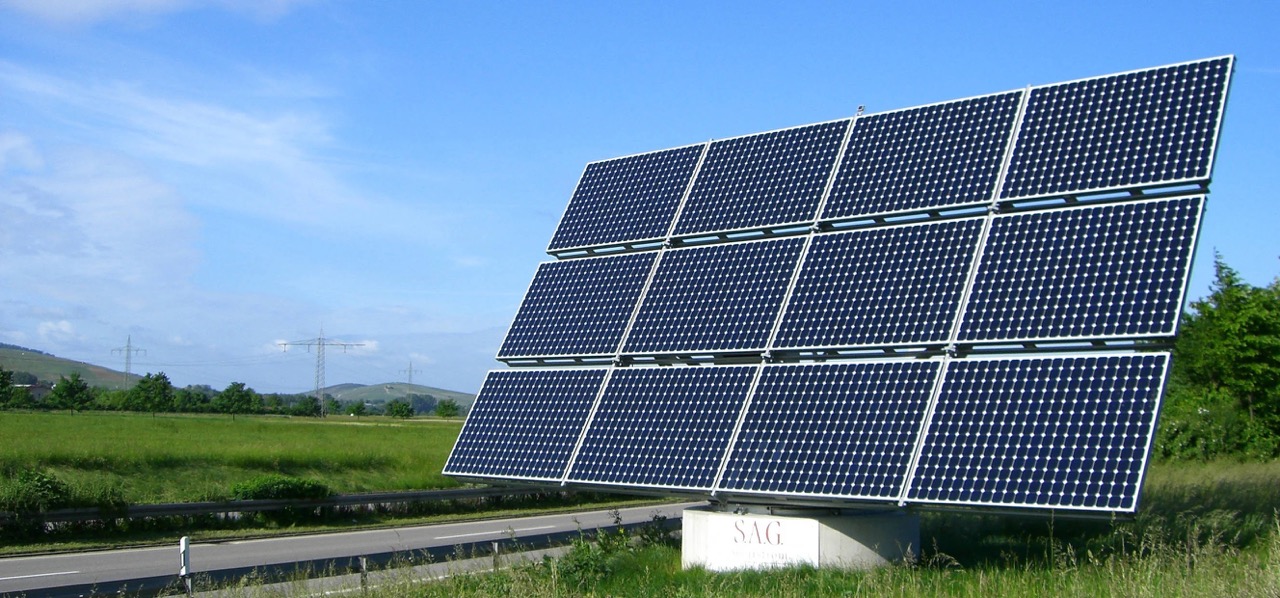

Articles
What To Know Before Going Solar At Home To Save Money And The Planet
Modified: January 6, 2024
Discover essential articles on what you need to know before installing solar panels at home. Save money and the planet by going solar with these expert tips.
(Many of the links in this article redirect to a specific reviewed product. Your purchase of these products through affiliate links helps to generate commission for Storables.com, at no extra cost. Learn more)
Introduction
As we continue to witness the detrimental effects of climate change, more and more individuals are seeking sustainable alternatives to traditional energy sources. One such alternative is solar power, which harnesses the renewable energy of the sun to generate electricity. With its numerous benefits for both homeowners and the planet, solar energy has become an increasingly popular choice for those looking to save money while reducing their carbon footprint.
In this article, we will explore everything you need to know before going solar at home. From understanding how solar energy works to assessing your home’s solar potential, choosing the right solar system, financing options, hiring a reliable installer, and important maintenance considerations, we will provide you with comprehensive insights to help you make an informed decision.
By going solar, you can not only save money on your energy bills but also contribute to a cleaner and more sustainable future. So, let’s dive in and learn more about the wonders of solar energy and how it can benefit both your wallet and the planet.
Key Takeaways:
- Embrace solar energy to save money and protect the environment. By harnessing the power of the sun, you can significantly reduce your electricity bills, combat climate change, and contribute to a cleaner, more sustainable planet.
- Prioritize quality and expertise when choosing a solar installer. Select a reputable professional with experience, positive reviews, and a commitment to using high-quality components for optimal system performance and longevity.
Read more: How To Save Money On Home Renovation
Understanding Solar Energy
Solar energy is a renewable and sustainable source of power that is generated by capturing the sun’s rays and converting them into electricity. This process is achieved through the use of solar panels, also known as photovoltaic (PV) panels, which contain a collection of solar cells that directly convert sunlight into electricity.
How Solar Energy Works
When sunlight strikes the solar panels, it excites the electrons in the solar cells, creating an electric current. This direct current (DC) is then converted into alternating current (AC) by an inverter, which is the type of electricity commonly used in households. The AC power is then used to power appliances and lighting within the home, offsetting the need for electricity from the grid.
Benefits of Solar Energy
Solar energy offers numerous benefits for homeowners, making it an attractive option to consider. Here are some key advantages:
- Cost Savings: By generating your own electricity, you can significantly reduce or even eliminate your monthly electricity bills, resulting in long-term cost savings.
- Energy Independence: Solar panels provide energy independence, reducing reliance on utility companies and protecting against rising electricity costs.
- Environmentally Friendly: Solar energy is a clean and renewable energy source, producing no greenhouse gas emissions or air pollutants.
- Increased Property Value: Homes with solar panels installed have been shown to have higher property values and are more attractive to potential buyers.
- Job Creation: Solar energy installations contribute to job creation in the renewable energy sector, supporting economic growth.
Environmental Impact of Solar Energy
Choosing solar energy as an alternative to traditional energy sources has a positive impact on the environment. Unlike fossil fuels, solar energy does not produce harmful emissions that contribute to air pollution and climate change. By using solar power, you can help reduce carbon dioxide emissions, combat global warming, and protect the planet for future generations.
In addition, solar energy requires minimal water usage compared to other forms of electricity generation, further conserving this precious resource. It also reduces our dependence on finite fossil fuels, promoting a sustainable energy future.
Now that we have a basic understanding of solar energy and its benefits, let’s move on to assessing your home’s solar potential to determine if it’s a suitable option for you.
Read more: How To Save Money On Thermostat
Assessing Your Home’s Solar Potential
Before diving into the world of solar energy, it’s important to assess your home’s solar potential to determine if it’s a viable option for you. This involves evaluating your energy needs, examining your roof’s suitability for solar panels, and considering other factors that can impact the efficiency of your solar system.
Evaluating Your Energy Needs
The first step in assessing your home’s solar potential is understanding your energy consumption. Analyze your past energy bills to determine how much electricity you use on average. Consider factors such as the number of occupants in your home, their energy usage habits, and the types of appliances and electronics you have. This will help you determine the size of the solar system you’ll need to meet your energy needs.
Examining Your Roof’s Suitability for Solar Panels
Your roof plays a crucial role in the effectiveness of your solar system. When examining your roof’s suitability, consider the following factors:
- Orientation: The ideal roof for solar panels should have a south-facing orientation, as this allows for maximum exposure to sunlight throughout the day. East and west-facing roofs can still be viable options, but may result in slightly reduced energy production.
- Pitch: The pitch, or slope, of your roof can also impact the efficiency of your solar panels. A steeper pitch allows for better solar absorption and self-cleaning from rainwater runoff.
- Material: Different roofing materials can have varying levels of durability and weight-bearing capacity. Consult with a professional to ensure that your roof can support the added weight of solar panels.
Considering Other Factors: Shade, Orientation, and Structural Integrity
Aside from roof suitability, consider other factors that may affect the efficiency of your solar system:
- Shade: Shading from trees, nearby buildings, or other objects can reduce the amount of sunlight reaching your solar panels. Minimize shading or opt for strategies such as tree trimming or panel angling to maximize solar exposure.
- Orientation: In addition to the roof, consider if other areas on your property, such as a ground-mounted system or a solar pergola, may provide better solar exposure.
- Structural Integrity: Ensure that your roof is in good condition and can withstand the installation of solar panels. If necessary, address any necessary repairs or maintenance before proceeding.
By carefully assessing your home’s solar potential, you can determine if solar energy is a suitable option for your needs and make informed decisions as you move forward with the installation process. Next, we will explore the different types of solar systems and help you choose the right one for your home.
Choosing a Solar System
When it comes to choosing a solar system for your home, there are several important considerations to keep in mind. This includes understanding the different types of solar systems available, selecting the right solar panels, and deciding on the most suitable inverter option.
Types of Solar Systems: Grid-Tied vs. Off-Grid
The two main types of solar systems are grid-tied and off-grid systems.
- Grid-Tied Systems: Grid-tied systems are connected to the electrical grid and allow you to use solar energy while still being connected to your utility company. These systems are the most common and cost-effective option, as they provide the flexibility of using grid electricity when your solar panels cannot meet your energy needs.
- Off-Grid Systems: Off-grid systems, also known as standalone systems, are not connected to the electrical grid. They require battery storage to store excess energy generated during the day for use during nighttime or periods of low sunlight. Off-grid systems are typically used in remote areas where access to the grid is limited or unreliable.
Factors to Consider When Selecting Solar Panels
Choosing the right solar panels is crucial to the overall performance and efficiency of your solar system. Consider the following factors:
- Efficiency: Solar panel efficiency indicates how well the panel converts sunlight into electricity. Higher efficiency panels will produce more electricity given the same amount of sunlight.
- Durability and Warranty: Look for panels with a long lifespan and a solid warranty to ensure they will last for years to come.
- Certifications: Check if the panels have relevant certifications, such as the International Electrotechnical Commission (IEC) certification, which indicates adherence to industry standards.
- Esthetics: Consider if the appearance of the panels is important to you, as some options may blend more seamlessly with your roof.
Inverter Options: String Inverters vs. Microinverters
An inverter converts the DC electricity generated by solar panels into the AC electricity used in the home. When selecting an inverter, you have two main options:
- String Inverters: String inverters are the more traditional and cost-effective option. They are connected to multiple solar panels, called a string, and convert the DC electricity from the string into AC electricity. However, if one panel in the string is shaded or underperforming, it can affect the output of the entire string.
- Microinverters: Microinverters are installed on each individual solar panel, allowing for independent conversion of DC to AC power. This ensures that if one panel is shaded or not functioning optimally, it does not impact the performance of the other panels. Microinverters provide higher efficiency and are a better option for systems with shading issues or complex roof orientations.
Consider your specific needs, budget, and the characteristics of your home when deciding on the type of solar system, panels, and inverters that will best suit your requirements. Next, we will explore the financial aspects of going solar and the various incentives and financing options available.
Read more: How To Save Money On A Renovation
Financing and Incentives
While the benefits of solar energy are appealing, the cost of solar installation can be a significant investment. Thankfully, there are various financing options and incentives available that can help make going solar more affordable.
Cost of Solar Installation
The cost of a solar installation can vary depending on factors such as the size of the system, the type of panels, and the complexity of the installation. Generally, the cost includes the solar panels, inverters, mounting equipment, wiring, and installation labor.
On average, a residential solar system can cost anywhere from $10,000 to $30,000. However, it’s important to consider the long-term savings on electricity bills and the potential increase in the value of your property.
Federal and State Tax Credits
One of the biggest incentives for going solar is the availability of federal and state tax credits. The federal government offers the Solar Investment Tax Credit (ITC), which allows homeowners to deduct a portion of their solar installation costs from their federal taxes. As of 2021, the ITC provides a tax credit of 26% of the total system cost. However, it’s important to note that this tax credit is set to decrease to 22% in 2025 unless extended by Congress.
In addition to the federal tax credit, many states offer their own incentives, such as state income tax credits, property tax exemptions, and sales tax exemptions. These incentives can significantly reduce the upfront cost of your solar system and improve the overall return on investment.
Rebates and Financing Options
Aside from tax credits, there may be additional rebates or incentives available at the local or utility level. Research the possibility of utility rebates or incentive programs in your area that could further reduce the cost of your solar installation.
Furthermore, there are a variety of financing options available to make solar more accessible. Common financing methods include:
- Solar Loans: These are loans specifically designed for financing solar installations. With solar loans, you can finance the upfront costs of the system and pay back the loan through monthly installments while still enjoying the benefits of solar energy.
- Power Purchase Agreements (PPAs): PPAs allow homeowners to have solar panels installed on their roofs without any upfront costs. Instead, they agree to purchase the electricity generated by the panels at a predetermined rate over a specified period of time.
- Leasing: Leasing options allow homeowners to use the solar panels and benefit from the electricity they generate without owning the system. This option can be attractive for those who don’t want the responsibility of maintenance and repairs but still want to save on their electricity bills.
When considering financing options, it’s essential to carefully evaluate the terms and conditions, interest rates, and overall costs to ensure they align with your financial goals and preferences.
By taking advantage of tax credits, rebates, and financing options, you can make solar energy a more affordable and financially viable solution for your home. In the next section, we will discuss the importance of hiring a reputable solar installer and provide tips for making the right choice.
Hiring a Solar Installer
When it comes to installing a solar system in your home, choosing a reputable and experienced solar installer is crucial. A professional solar installer will ensure that your system is properly designed, installed, and maintained for optimal performance. Here are some tips to help you select a reliable solar installer:
Tips for Selecting a Reliable Solar Installer
- Experience and Expertise: Look for a solar installer with a proven track record and extensive experience in the industry. Research their credentials, certifications, and customer reviews to get a sense of their expertise.
- Reputation: A reputable solar installer will have a good reputation within the industry and among previous customers. Seek recommendations from friends, neighbors, or online forums to find installers with a positive reputation.
- Licenses and Certifications: Ensure that the solar installer you choose is properly licensed, certified, and insured. This will protect you in case of any accidents or damages during the installation process.
- Quality Components: Inquire about the types of solar panels, inverters, and other equipment the installer uses. Opt for reputable brands and ensure that all components come with warranties.
- Site Assessment: A reliable solar installer will conduct a thorough site assessment to determine the optimal placement and design of your solar system. They should consider factors such as shade analysis, roof structure, and energy consumption patterns.
- Customer Service: Choose an installer that provides excellent customer service and is responsive to your inquiries. They should be willing to answer your questions, provide detailed information, and offer ongoing support after the installation.
Evaluating Quotes and Comparing Installers
Once you have a shortlist of potential solar installers, it’s important to obtain detailed quotes and compare them carefully. Here are some key aspects to consider:
- System Design: Evaluate the design and size of the proposed solar system. Ensure that it aligns with your energy needs and goals.
- Installation Costs: Compare the total installation costs, including equipment, labor, permits, and any additional fees. Be wary of significantly lower prices, as they may indicate subpar quality or corner-cutting.
- Warranties: Review the warranties provided by each installer, including warranties for equipment, workmanship, and performance guarantees.
- Timeline: Inquire about the expected timeline for installation, including any potential delays or scheduling conflicts.
- Financing Options: If you require financing, assess the available financing options and terms provided by each installer.
Take your time to review and compare the quotes from different installers. It’s important to balance the cost with the reputation, quality of components, and level of customer service offered by each installer. Remember to ask questions and seek clarification when needed to ensure you make an informed decision.
By selecting a reliable solar installer, you can have peace of mind knowing that your solar system will be installed professionally and efficiently. Next, we will explore the important aspects of solar maintenance and monitoring to ensure the long-term performance of your system.
Solar Maintenance and Monitoring
Proper maintenance and regular monitoring are essential to ensure the long-term performance and efficiency of your solar system. By following routine maintenance practices and monitoring your system’s performance, you can identify and address any issues early on, maximizing the benefits of your solar investment.
Read more: How To Save Money On Building A House
Routine Maintenance for Optimal Performance
Performing routine maintenance on your solar system helps to keep it operating efficiently and prolong its lifespan. Here are some maintenance tasks to consider:
- Cleaning: Regularly clean your solar panels to remove dirt, dust, and debris that can reduce their efficiency. Use a soft brush or sponge and water to gently clean the surface. Avoid using abrasive materials or harsh chemicals that can damage the panels.
- Inspecting for Damage: Regularly inspect your solar panels and mounting structure for any signs of damage or wear. Look for cracks, loose connections, or any other abnormalities. If you observe any issues, contact your solar installer or a professional technician for assistance.
- Trimming Trees and Vegetation: Ensure that nearby trees or vegetation do not cast shadows on your solar panels, as it can decrease their performance. Trim branches and foliage that may obstruct sunlight from reaching the panels.
- Checking Inverter Operation: Monitor the functioning of your inverter to ensure that it is converting the DC electricity from the solar panels to AC electricity correctly. Look for any error codes or alerts on the inverter display and address any issues promptly.
Monitoring Your Solar System’s Efficiency
Monitoring your solar system’s performance allows you to track its energy production and identify any potential issues. Here are some ways to monitor your system:
- Online Monitoring Platforms: Many solar systems come with online monitoring platforms that display real-time data on your system’s energy production. These platforms can also send you alerts if any issues are detected, such as underperformance or a drop in energy production.
- Smartphone Apps: Some solar monitoring systems have accompanying smartphone apps that provide easy access to your system’s performance data and alerts, allowing you to monitor it on the go.
- Monthly Energy Monitoring: Keep track of your monthly energy production by comparing it to previous months or to your estimated energy needs. This helps you identify any significant variations or deviations that may require attention.
Troubleshooting Common Issues
Even with proper maintenance and regular monitoring, occasional issues may arise with your solar system. Here are some common issues and potential troubleshooting steps:
- Reduced Energy Production: If you notice a sudden decrease in energy production, it could be due to shading, dirt on the panels, a faulty inverter, or a wiring issue. Clean the panels, check for shading, and inspect the inverter and wiring. If the issue persists, contact your solar installer for further assistance.
- Inverter Failure: Inverter failure can occur due to various reasons. Check if there are any error codes or alerts on the inverter display. If inverter issues persist, contact a professional technician to diagnose and repair the problem.
- Leaking Roof: In rare cases, solar panel installation may cause roof leaks if not done correctly. If you notice water intrusion or signs of leakage, contact both your solar installer and a roofing professional to address the issue promptly.
Regular maintenance, diligent monitoring, and proactive troubleshooting will ensure that your solar system operates at its best, maximizing energy production and cost savings. As we conclude this article, we’ll reflect on the importance of going solar for both financial benefits and environmental sustainability.
Conclusion
Going solar at home offers numerous benefits, both for your wallet and the planet. By harnessing the power of the sun, you can generate clean and renewable energy, reduce your dependence on fossil fuels, and contribute to a more sustainable future. In this article, we’ve explored various aspects of going solar, from understanding how solar energy works to assessing your home’s solar potential, choosing the right solar system, financing options, hiring a reliable installer, and important maintenance considerations.
The decision to switch to solar power is not only an investment in your financial future but also a commitment to protecting the environment. By utilizing solar energy, you can significantly reduce or even eliminate your monthly electricity bills, providing long-term cost savings. Additionally, through federal and state tax credits, rebates, and financing options, the upfront cost of installation can be made more affordable.
Furthermore, going solar helps to combat climate change by reducing carbon emissions and air pollution. Solar energy offers a clean and renewable alternative to fossil fuels, promoting environmental sustainability and conserving finite resources. By adopting solar power, you become an active participant in the global effort to mitigate the effects of climate change and create a cleaner, healthier planet for future generations.
When embarking on your solar journey, it’s important to choose a reputable solar installer who will design, install, and maintain your solar system properly. Evaluate multiple quotes, consider the installer’s experience and reputation, and ensure that they use high-quality components. Regular maintenance and monitoring of your solar system will further enhance its performance and longevity, allowing you to reap the maximum benefits from your investment.
Ultimately, the decision to go solar is a significant step towards energy independence, financial savings, and environmental responsibility. By harnessing the power of the sun, you can not only save money but also contribute to a sustainable future. So, take the first step and explore the possibilities of going solar at home – it’s an investment with long-term rewards for you, your family, and the planet.
Frequently Asked Questions about What To Know Before Going Solar At Home To Save Money And The Planet
Was this page helpful?
At Storables.com, we guarantee accurate and reliable information. Our content, validated by Expert Board Contributors, is crafted following stringent Editorial Policies. We're committed to providing you with well-researched, expert-backed insights for all your informational needs.

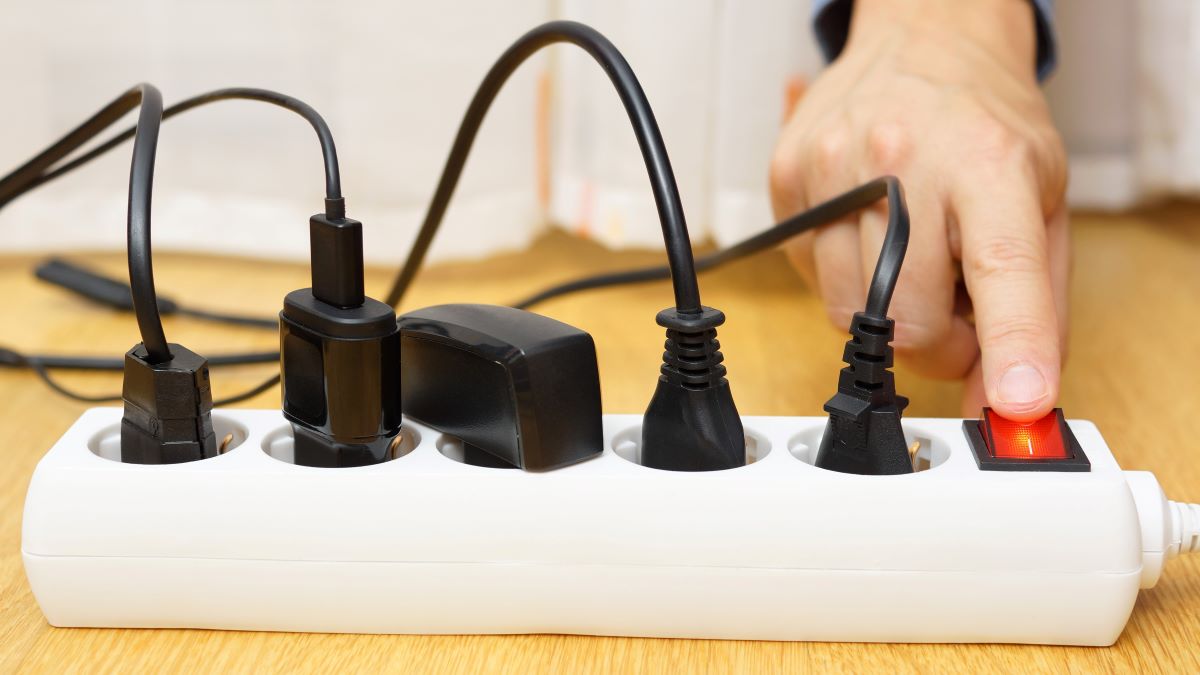

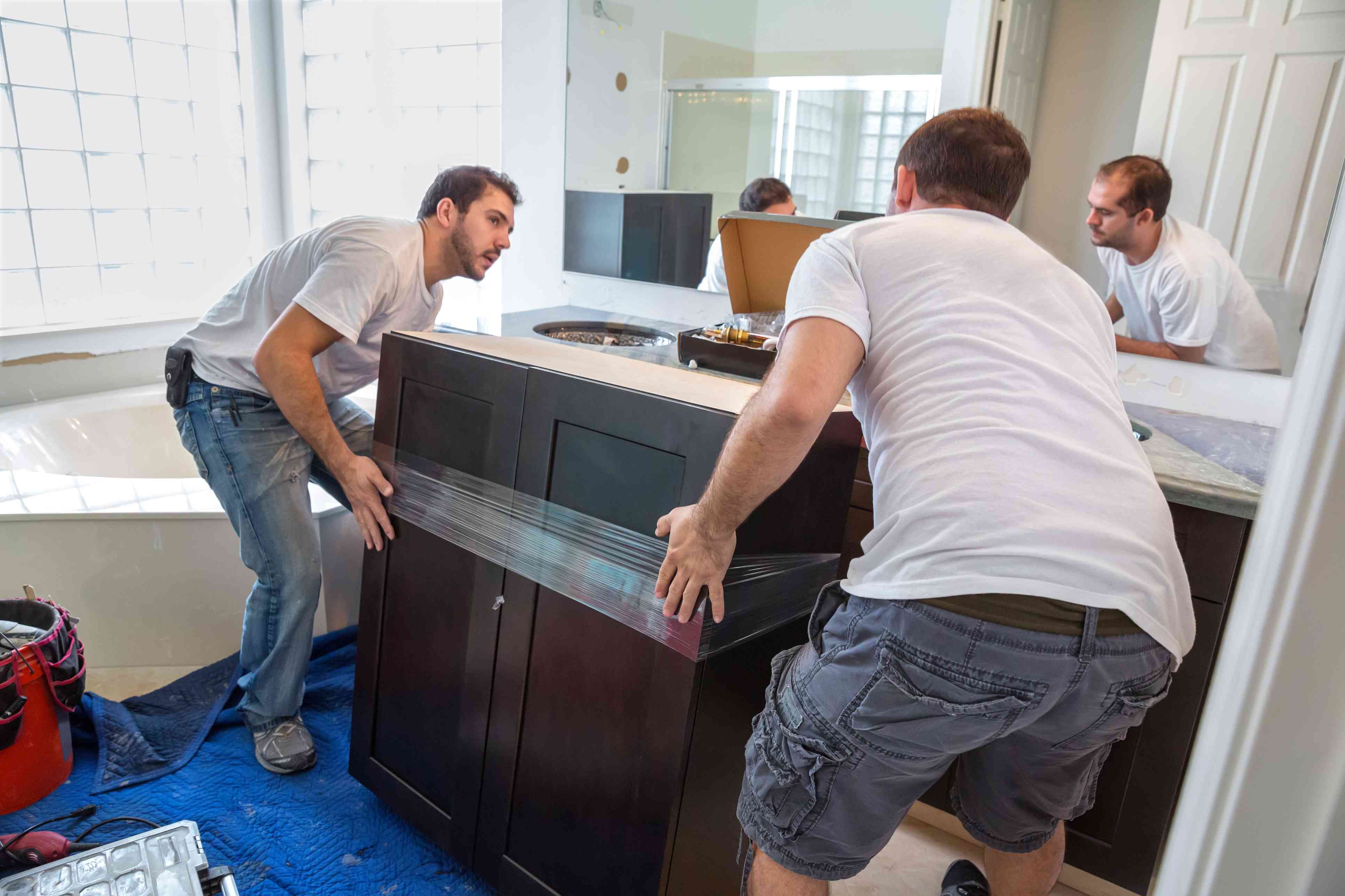
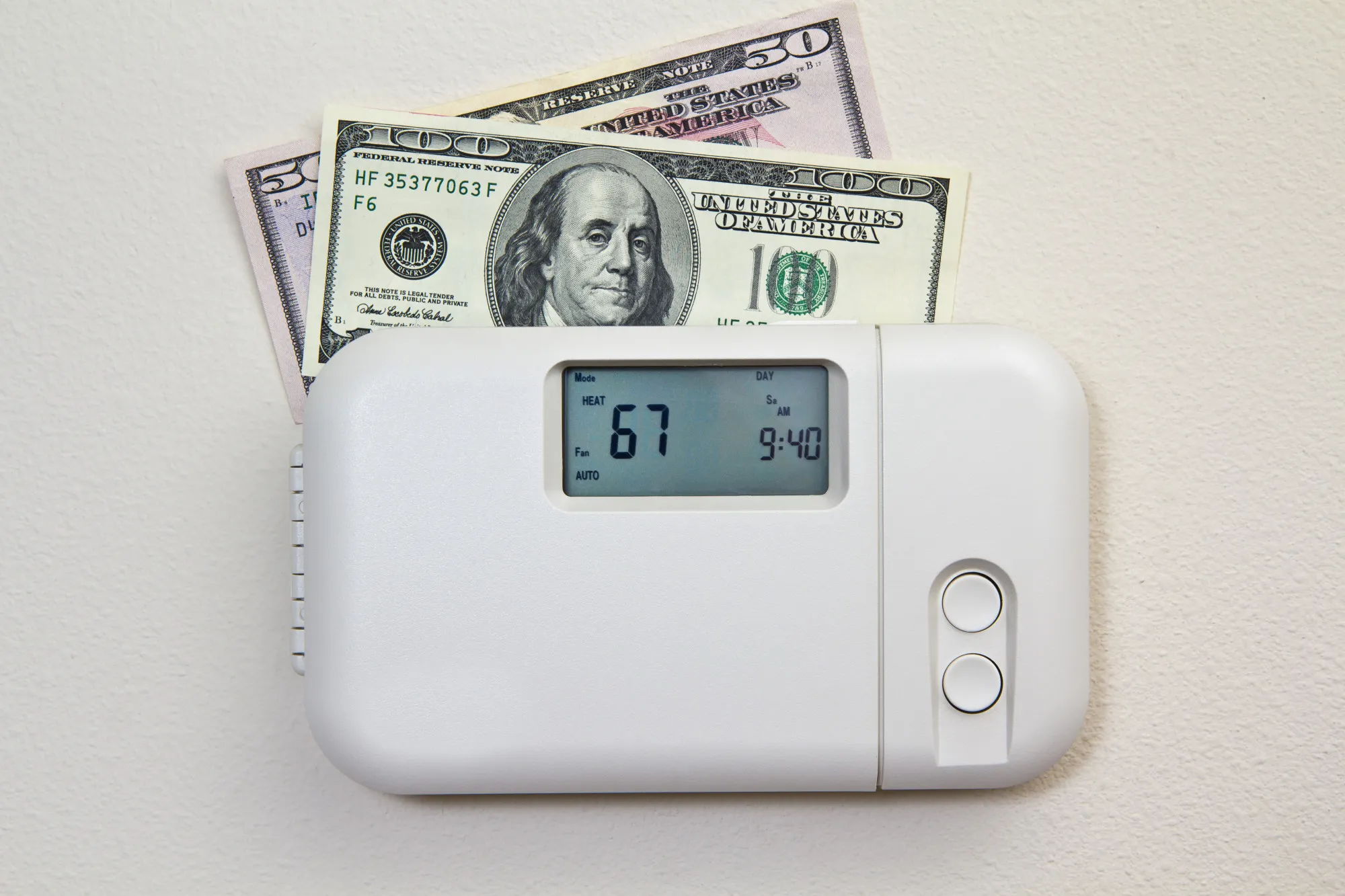
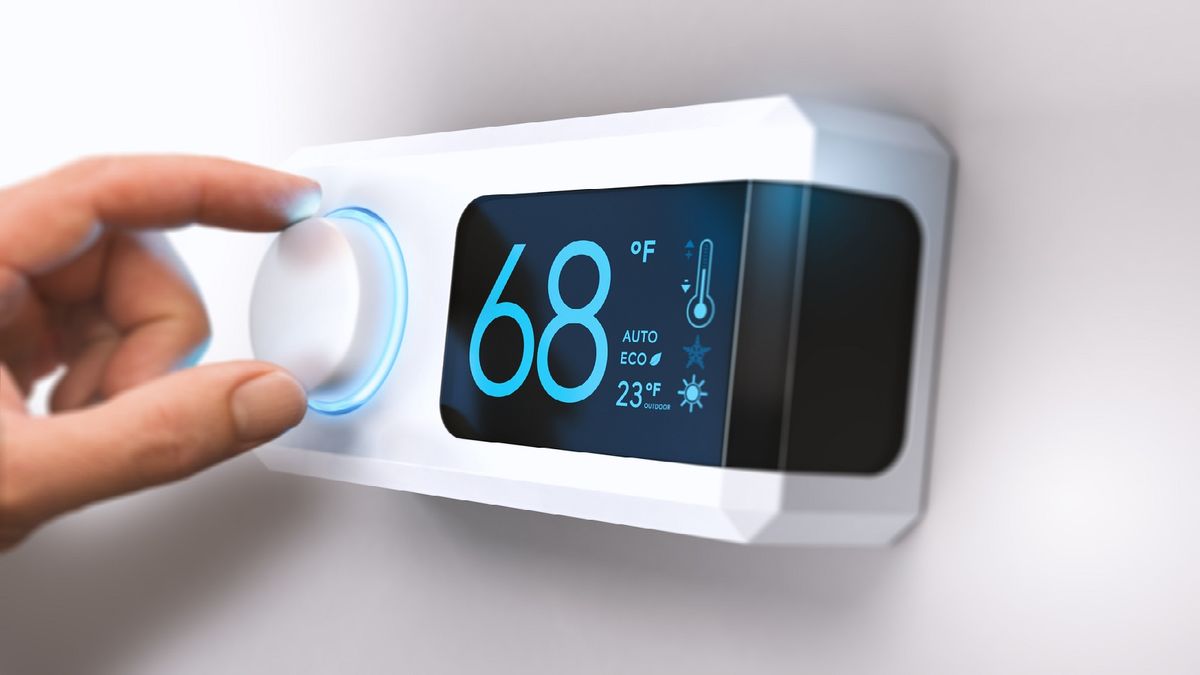
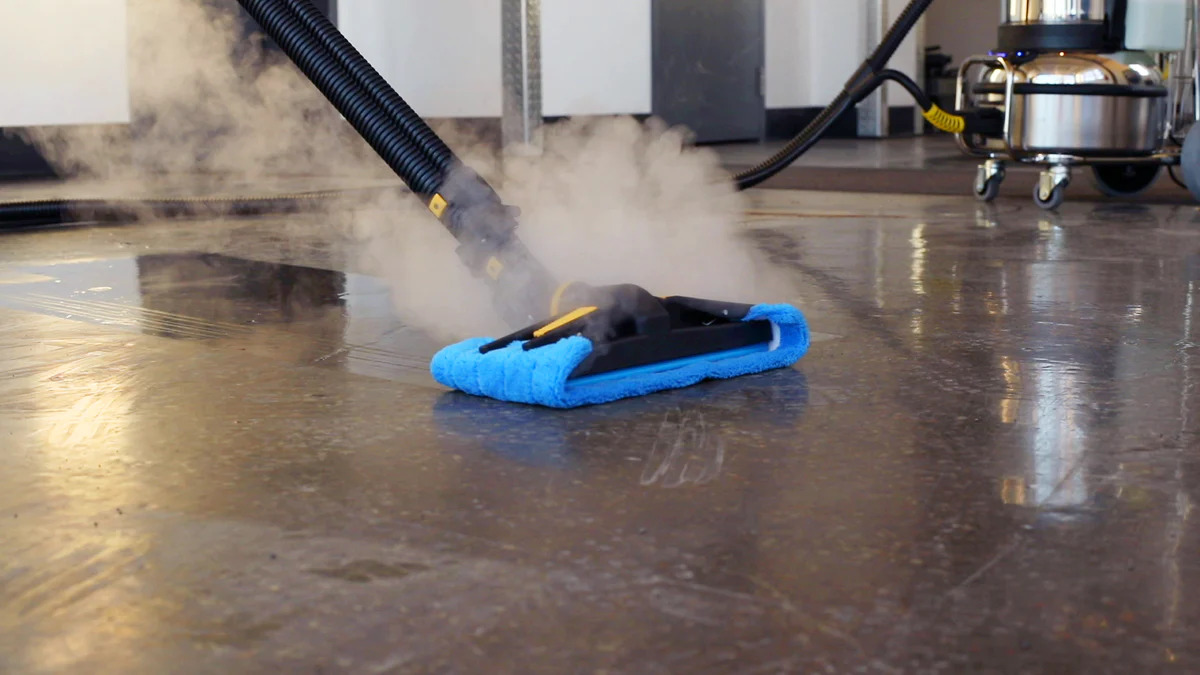

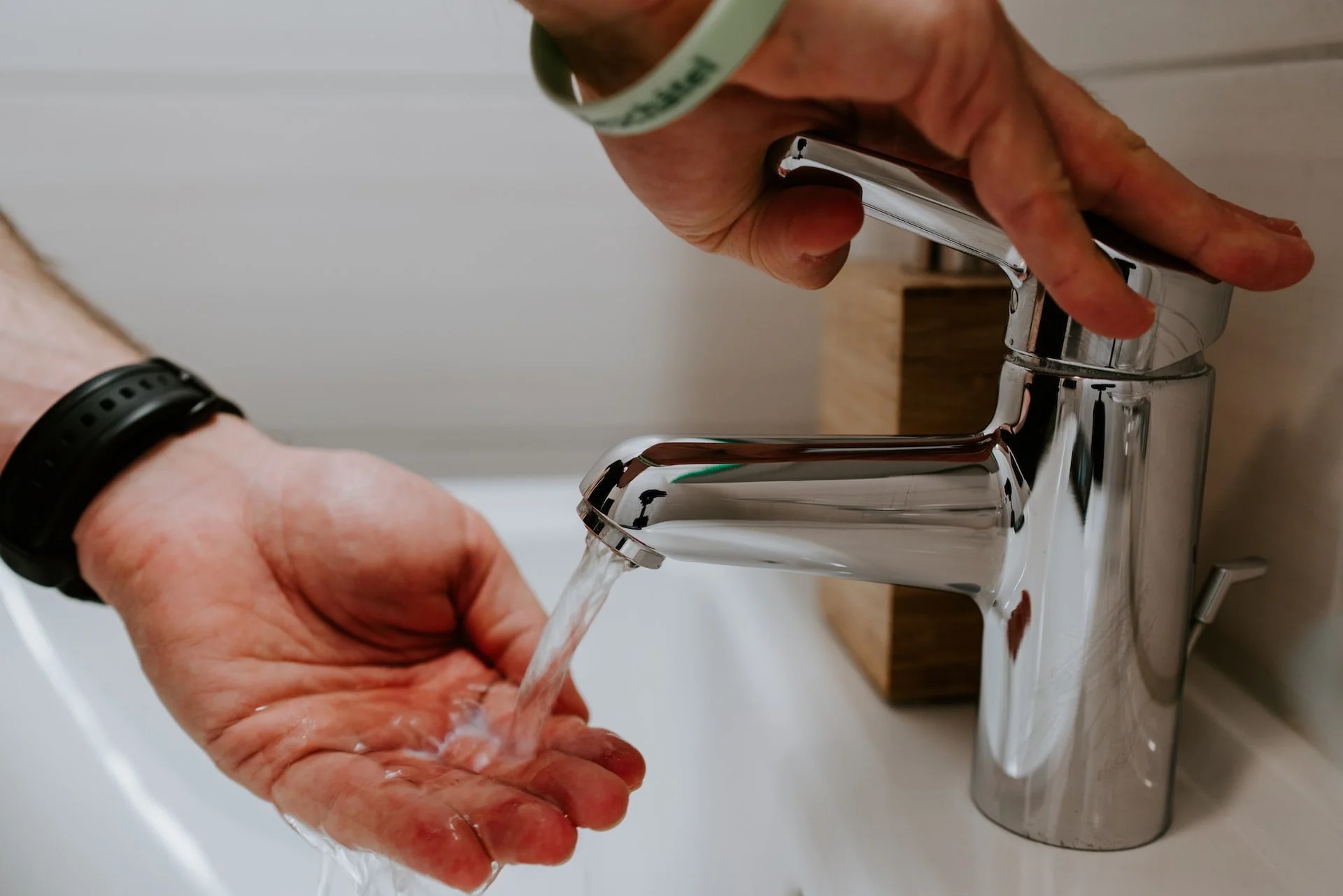
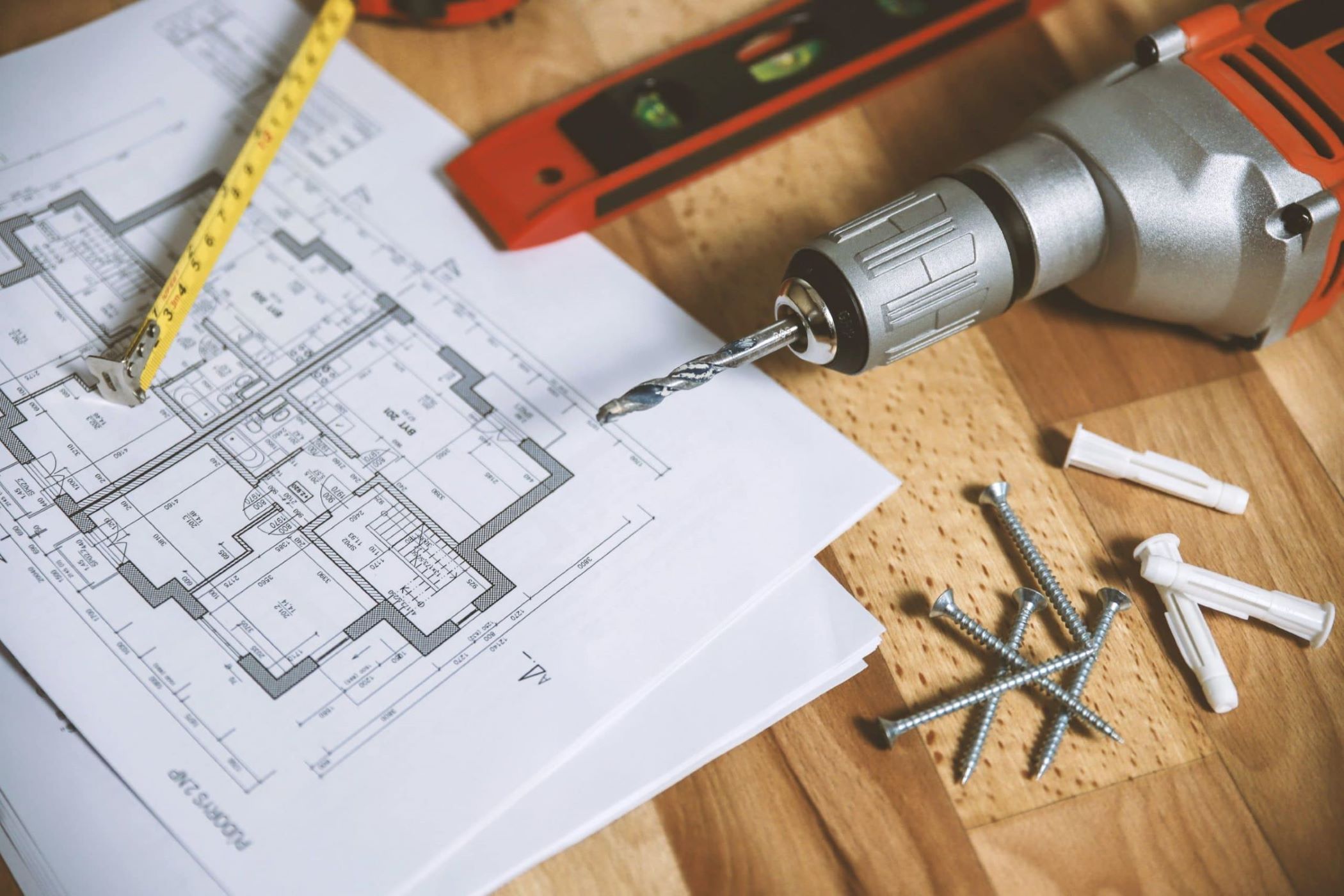

0 thoughts on “What To Know Before Going Solar At Home To Save Money And The Planet”